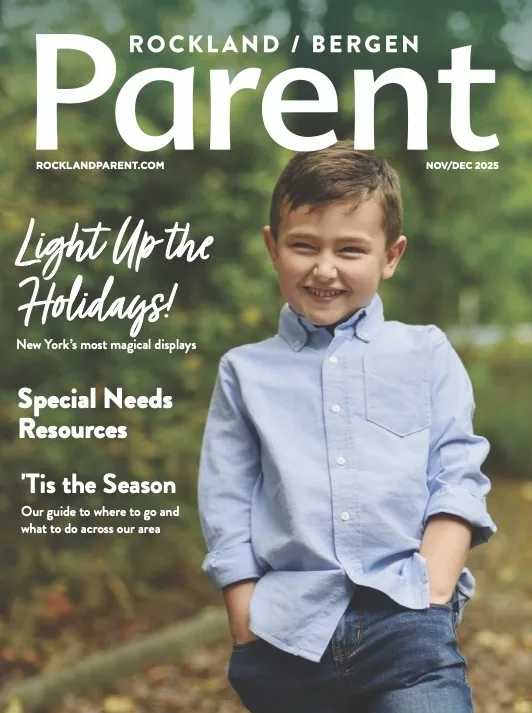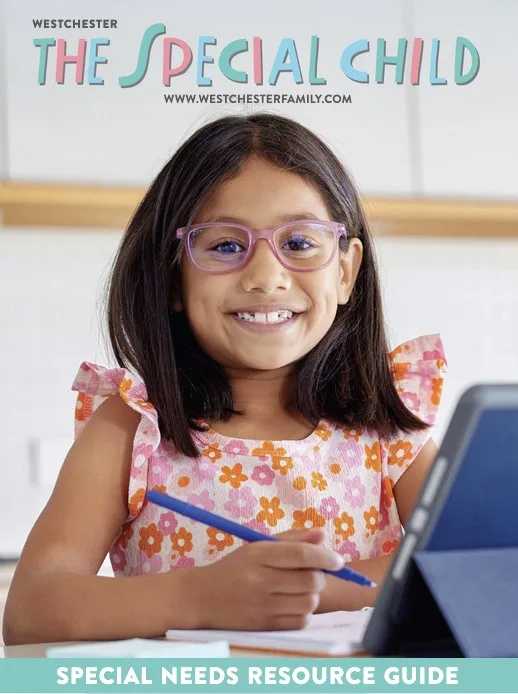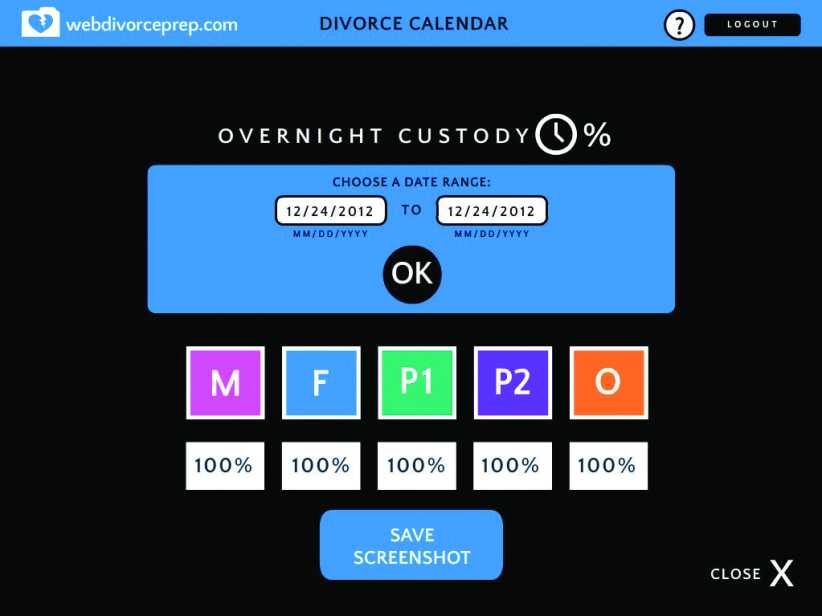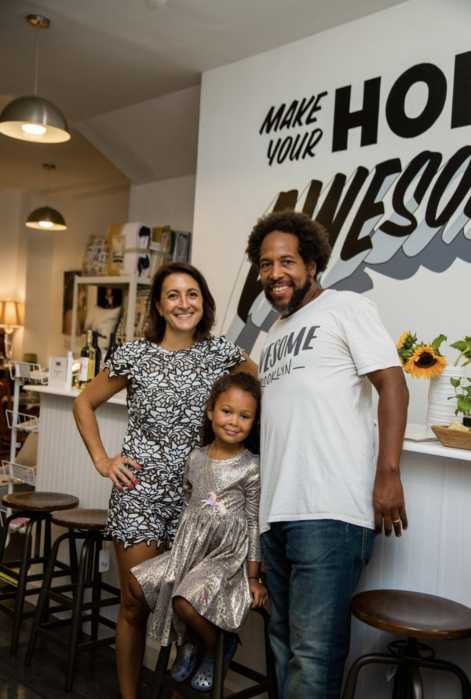
How Parents Can Co-Parent Peacefully: An Expert Weighs In
Divorce is difficult, and it’s often hardest for children who tend to be caught in the middle. Studies have shown that divorce can have adverse effects on children’s mental health.
There are steps parents can take to co-parent with their ex-spouse peacefully and, as a result, keep the mental health of their children in mind during the divorce process and after.
We sat down with Sabrina Shaheen Cronin, family law attorney, family coach and founder and managing partner of The Cronin Law Firm, to talk about the effects of divorce on children’s mental health and how parents can co-parent peacefully, especially over summer vacation.
Psst… Here’s what parents need to know about Threads, Instagram’s new app.
How can divorce affect children’s mental health?
Evidence suggests that divorce can have a significant impact on the mental health of children and adolescents because of the large life changes that divorce often causes.
“Unfortunately, so many times it’s the result of just the overall disruption in the general family dynamic,” Cronin says.
This impact can manifest itself through things like depressed moods, academic difficulties, disruptive behaviors or anxiety. While some children may not experience any of this, “studies have definitely shown that there is an increased risk for all of those things,” Cronin says.
There’s also some variation in the effects of divorce on children’s mental health across different ages.
Cronin says divorce generally impacts younger children less because they have less recollection of the two parents as one family unit.
“If you’re young, you don’t remember,” Cronin says. “If you’re a teenager, it’s much more difficult.”
What can parents do to mitigate some of these negative effects before they can do long-term damage?
Healthy co-parenting and communication throughout the divorce process is crucial, Cronin says. Parents should take care to not blame the other parent or openly display hostility because of the subconscious negative impact it could have on their children.
“On a subconscious level, these children think, ‘Okay, if they’re going to throw away the parent, are they going to throw away me?’” Cronin says. “Or, ‘if they hate this parent, I’m half of this parent: are they hating me?’”
It’s also important to remember that resentment and hostility can be expressed in ways that aren’t verbal– and children can pick up on unspoken tension.
“Sometimes, when you don’t even talk, the tension itself is enough to be disruptive,” Cronin says. “That’s extremely uncomfortable for the children.”
Cronin’s advice is to let go of anger or resentment you may feel towards the other parent and keep discussions open, respectful and neutral.
While this may seem difficult at times, it’s important to stay motivated by the love you have for your children and the best interests of your children, rather than your disdain for your ex-partner.
Not only is this a good way to preserve your children’s mental health, it’s also a good way to keep a strong relationship between yourself and your child as they get older.
“You’re going to have a relationship with the other parent for as long as you have these children because, in my opinion, it goes beyond the 18th year,” Cronin says. “You want to be in your child’s life for the rest of your life, not just until they’re 18.”
Co-parenting can be challenging, especially in cases where the divorce wasn’t amicable. How can parents navigate co-parenting as peacefully as possible in these situations?
When it comes to co-parenting, Cronin says consistency is key.
Try to get on the same page with your co-parent about things like bedtimes, discipline and rules about things like grades, homework and electronics. Doing this will give children a sense of structure, and studies have shown that children feel safest when there’s structure.
“A lot of parents think they want to be the fun parent, or they don’t want to have rules,” Cronin says. “But ironically, it’s the home that has the rules where the children want to be long term.”
It’s also important to respect your co-parent, especially in front of your children. Regardless of how your marriage may have ended, they are still a parent to your children, and Cronin says it’s important to “respect them for their role in your life and in the children’s lives.”
Remind your children that their other parent still loves them and that they’re still family, even if things look a little different. Even if you don’t have positive feelings towards your former spouse, don’t let them influence how your children see them.
“You want to empower your children with healthy images and healthy feelings of the other parent,” Cronin says. “It takes a very strong person to be able to do that, to set aside their own emotions for the wellbeing of their child.”
Summer vacation can be a point of contention between divorced parents. What are some tips for co-parenting when kids are on summer vacation?
Parents need to be on the same page when it comes to activities for the summer. Discuss expectations for the summer, including things like daycare or camp arrangements, especially if both parents work throughout the summer.
This discussion of expectations also applies to summer rules around the house.
“Does one parent allow the child to be on their devices in their room all day and the other parent can’t stand that?” Cronin says. “There has to be some accountability for the parent.”
As your kids get older, include them in conversations about summer plans.
“The older children are, the more they have a voice,” Cronin says. “They should be able to express how they want to spend their summer, if they’re old enough to do so.”
Just like with co-parenting the rest of the year, your children should be top priority when co-parenting over the summer over any ill will ex-spouses may have between each other.
“There’s no selfish motive in parenting,” Cronin says. “It should all be about what’s in the best interest of the child.”


























